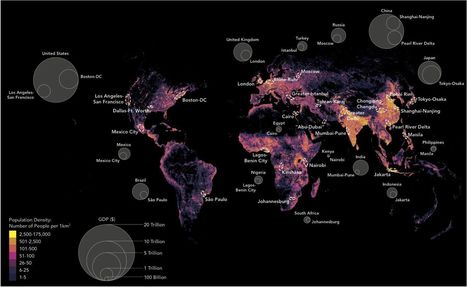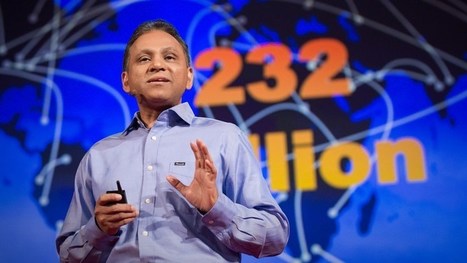Cities are mankind’s most enduring and stable mode of social organization, outlasting all empires and nations over which they have presided. Today cities have become the world’s dominant demographic and economic clusters. As the sociologist Christopher Chase-Dunn has pointed out, it is not population or territorial size that drives world-city status, but economic weight
Research and publish the best content.
Get Started for FREE
Sign up with Facebook Sign up with X
I don't have a Facebook or a X account
Already have an account: Login
 Your new post is loading... Your new post is loading...
 Your new post is loading... Your new post is loading...
techsavvygirl's curator insight,
February 18, 2013 8:21 AM
Augmenting human potential with smartphones 
GTANSW & ACT's curator insight,
April 23, 2016 4:11 AM
Responding to disasters and preparedness using technology
|
|











